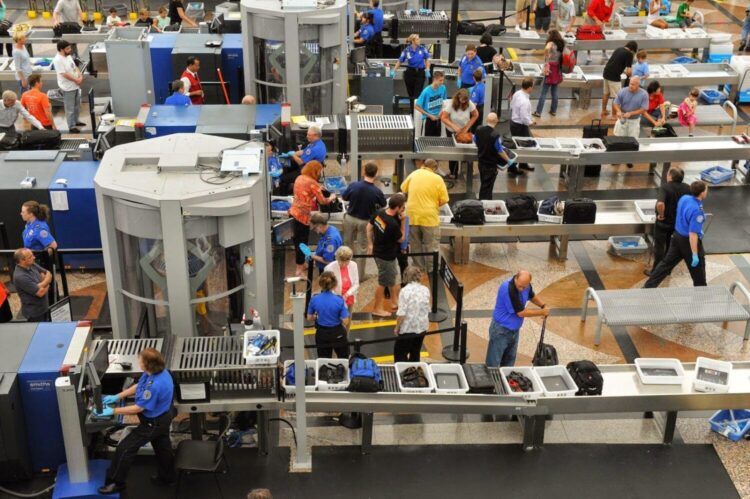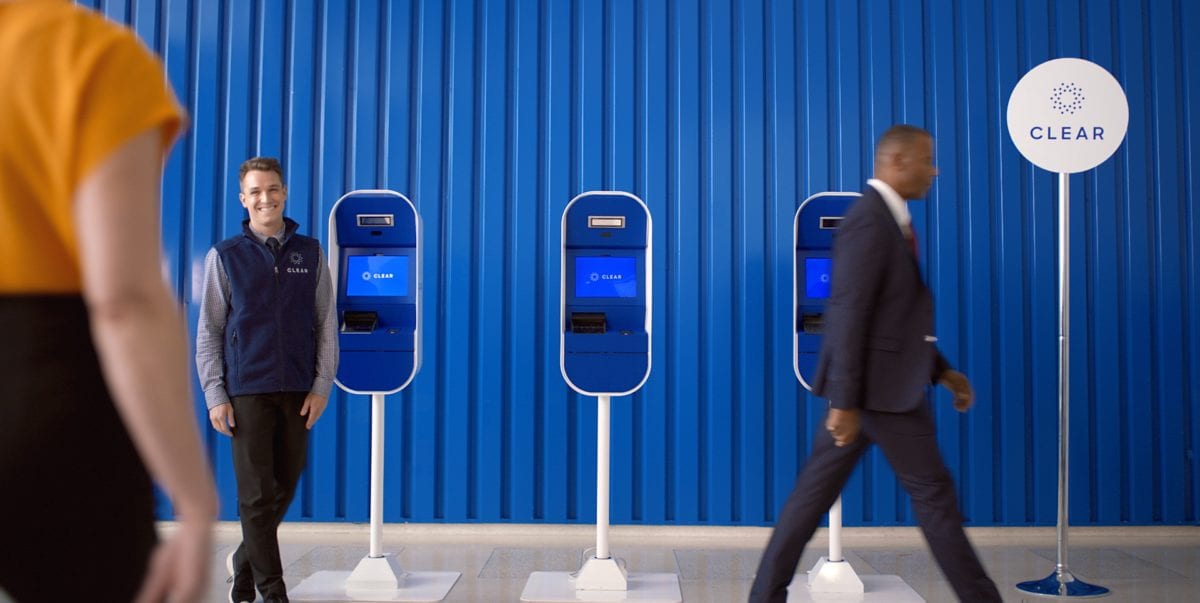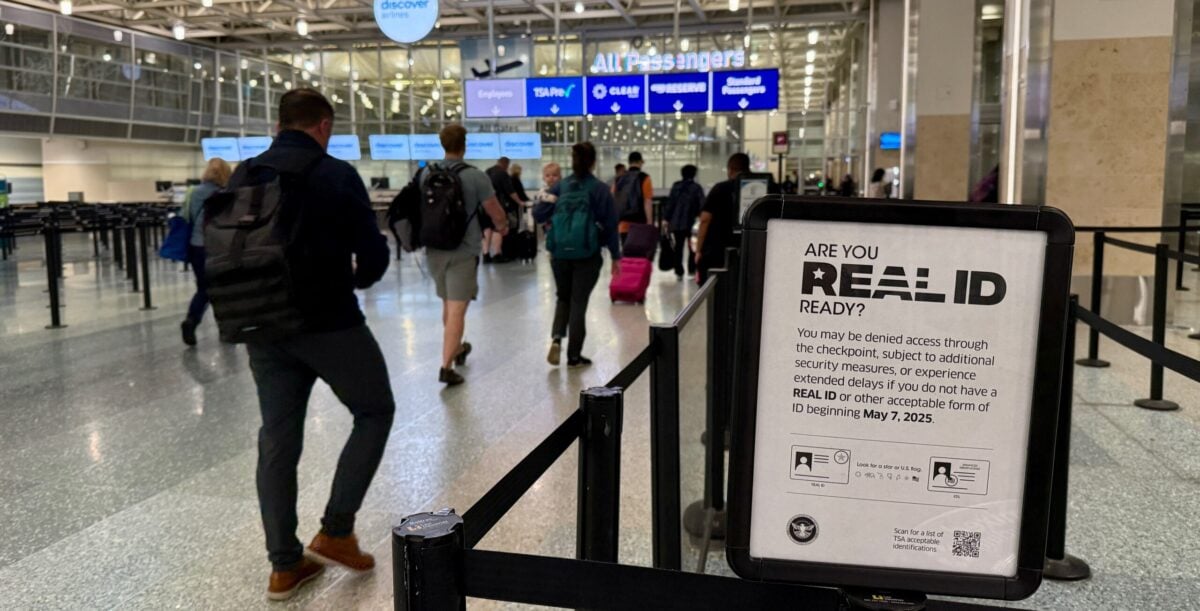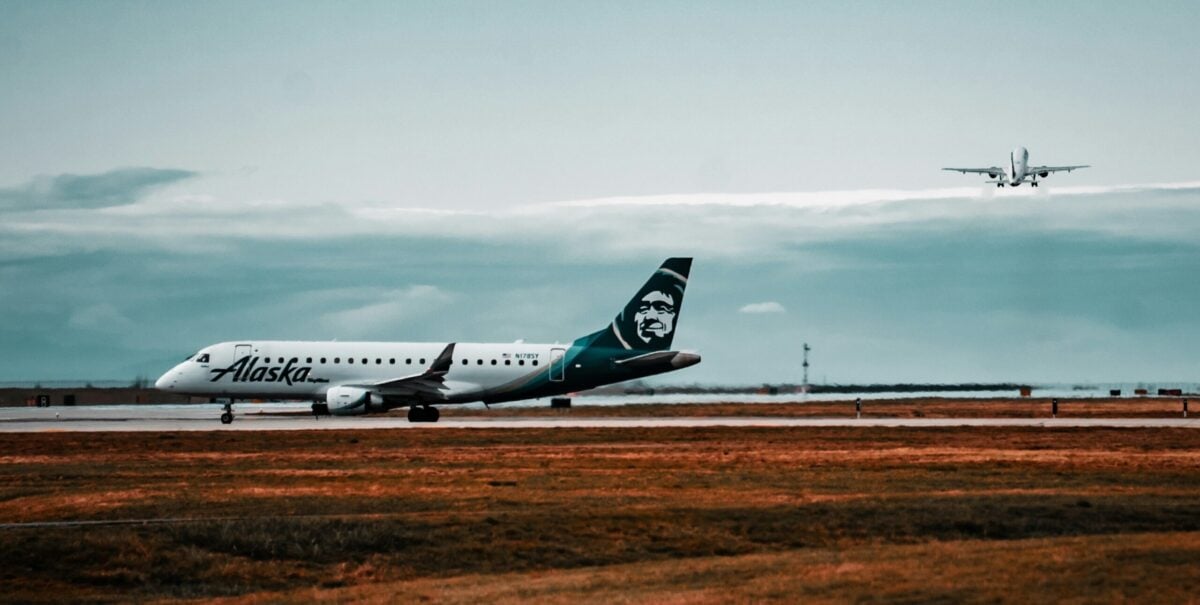
Is the TSA Finally Allowing Passengers to Keep Shoes On?
After more than 20 years, it appears the Transportation Security Administration (TSA) is no longer making passengers in general security lines take off their shoes for screening, according to a new report. There's been no formal announcement from the federal government, but TikToker and self-described former TSA Officer travelwiththeharmony first reported the news over the weekend that all t...
















